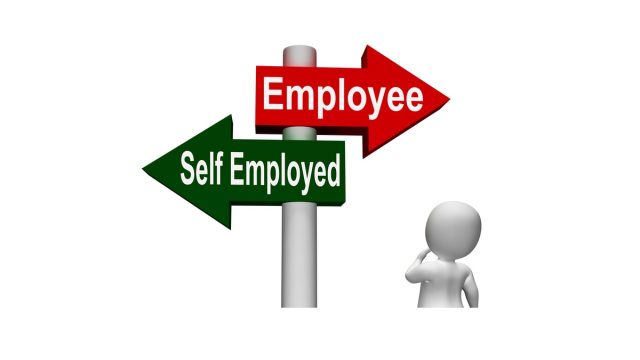
Quite often, there is a tendency to improve working conditions of the self-employed by converting these into employees, as if the self-employed were fatally destined to be the weakest part of the labour market.
However, many self-employed enjoy their status, as it serves their vocation, provides flexibility and incentivises professional success. Under this premise, a reasonable government policy would be to improve their protection without undermining their legal status.
Has the European Union done anything in this regard? On 29 September 2022, the European Commission published a set of guidelines on the application of EU competition law to collective agreements regarding the working conditions of solo self-employed people, including their pay.
This means that the EU protection approach towards self-employed is via collective agreements and, in particular, by means of clarifying or loosening some anti-trust rules when applicable to self-employed rather than undertakings.
The guidelines contain a description of different types of collective negotiations, from ranging bargaining through social partners or other associations to direct negotiations by a group of solo self-employed persons or their representatives. They also cover cases where solo self-employed persons, either individually or as a group, wish to be covered by an existing collective agreement (‘opt-in’) concluded between their counterparty and a group of workers/solo self-employed persons.
What conditions can they negotiate? Such focus of protection includes salary, other benefits, working time, holidays, leave, physical spaces where work takes place, occupational health and safety at work obligations, insurance and social security.
A first line of criticism against this approach is that it only focuses on anti-trust provisions. Surely both the Member States and the European Union could do a lot more to incentivise the protection of the self-employed.
Secondly, the confrontational approach is typical of a socialist mindset: The self-employed should use collective bargaining to claim what otherwise they would be denied. But where is the role and leadership of government towards improving the protection of the self-employed? Ultimately, what are politicians for, according to this vision by the European Commission?
On the contrary, a wider protection of the self-employed could be improved via EU funds. For example, in Spain, one out of five euros were not even used, which amounts to more than 8 billion each year. If such amounts are not properly assigned before September 2026, they will be lost.
This was recognised by Mrs. Nadia Calvino, former Minister of Economy in the Socialist-Communist government and currently head of the European Investment Bank in Luxembourg. More than 37 billion euros of EU funds in Spain have not been identified with concrete projects yet.
Nonetheless, it is not only national governments’ responsibility. The current regulations to benefit from the funds are complex and bureaucratic, particularly for regional administrations, who are not familiarised with Brussels’ intricacies.
Regional governments in Spain also complain about the national government not having taken them into account when designing the plan. If we apply this situation to the self-employed, the consequence is that they cannot benefit because of the dysfunctions in the territorial structure of power.
The clearest paradox is perhaps that Spain had to reduce its protection against unemployment in order to be granted EU funds. In other words, a country is withheld 10 billion euros that could be used to increase the social protection of the self-employed if it further reduces the protection vis-a-vis employees. National workers lose twice thanks to Brussels. No wonder that so many see the European Union as a menace to their own living and as serving the interests of third countries and their citizens.
Under this scenario, it remains doubtful whether the EU should dispose of further funds. Not just by Member States transferring a wider budget to the Union, but also by the latter increasing its profit, as it has been suggested. Rescuing economies that pose a social problem, including their self-employed, would be one thing; distributing cheap loans to ensnare Member States’ and their next generations with the bait of defense needs is a different matter.
Source of image: Premier Jobs UK



 Subscribe
Subscribe